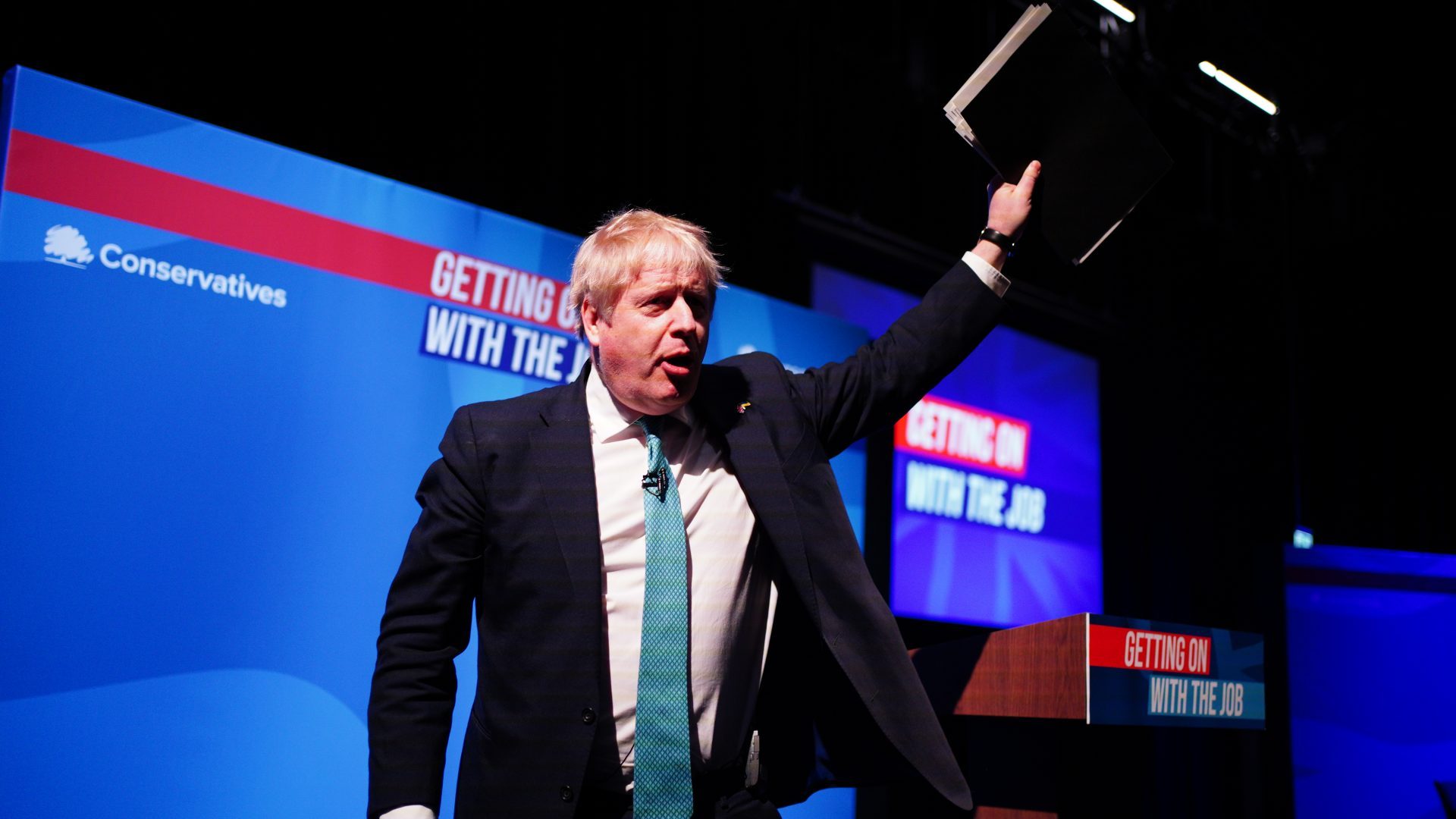Manufacturing stakeholders see Boris Johnson’s “oven-ready Brexit deal” as having caused “significant disruption” to the sector, reveals a report published today – with one manufacturer exporting to mainland Europe having to open 27 different bank accounts just to make things work.
The report says the Trade and Cooperation Agreement (TCA) has increased costs, administrative burdens and difficulties in long-term engagement with EU traders, customers and investors.
The report was conducted by the Independent Commission on UK-EU relations, which researches the impacts of Brexit and creates proposals for EU-UK relations. It counts Will Hutton, Lionel Barber and Deborah Meaden among its members and its research consists of interviews and focus groups with manufacturing stakeholders, including representatives of trade bodies such as MakeUK, Made in Britain and the British Chambers of Commerce.
It concludes that the TCA, agreed between the UK and the EU on 24 December 2020 and signed six days later may facilitate free trade but in reality, has created significant non-tariff barriers and tariffs on “third country” goods moving between the EU and the UK.
One manufacturer reported that they had been forced to create 27 different bank accounts to deal with the VAT requirements of each EU member state.
Others stated that the TCA had made the UK a more “closed economy” which has affected its productivity, employment levels and wages. They described the situation as “putting off potential EU investors and employers” and “leaving the manufacturing industry limping along”. Manufacturers also added that they are facing chronic labour shortages, “making the investment landscape very uncertain”.
Sector leaders are calling for a range of measures to tackle these difficulties, including labour mobility as a short-term solution. However, serious questions are being raised over the long-term viability of UK manufacturing if the TCA is not improved or if the UK and EU fail to open up trade in the future.
There are also fears that increased dealignment will only make matters worse, with concerns over the harm that legislation such as the Retained EU Law bill could do.
“Speedy pragmatism needs to come to the fore otherwise we will experience further detriment to the UK manufacturing sector. We need what businesses always need – a clear time-phased plan that recognises the reality on the ground and provides the basis for investment and commitment,” said Stephen Phipson, president of the Confederation of British Metalforming.
He added: “The actions highlighted by this report are crucial in ensuring no further harm comes to manufacturers who contribute so much to GDP and our trade balance – to enable those manufacturers to continue to deliver growth and well-being to the British economy and people.”
Mike Buckley, director of the Commission, said: “Manufacturing has long been a remarkable British success story, employing thousands and significantly contributing to the UK economy. In the era of climate change and the urgent need to shift quickly to low-carbon energy, transport and building ensuring the sector’s ability to survive and to thrive could not be more important. The government must take note of their concerns and take swift action.”
The full report can be viewed here.










